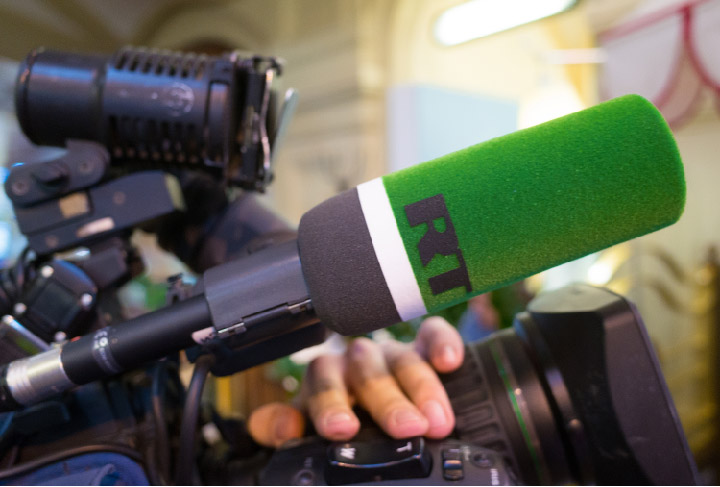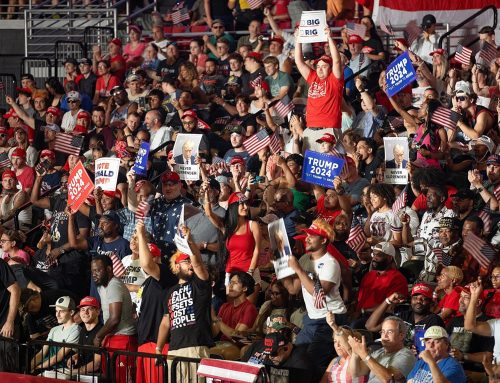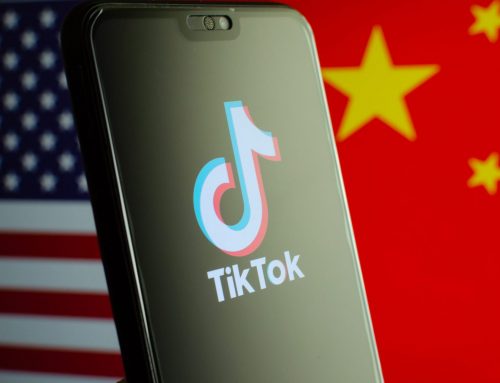The New York Post’s publication of salacious and unverified personal materials from a laptop allegedly owned by Joe Biden’s son, Hunter, was covered extensively by Russian state media, which focused both on the “explosive” contents of the story, as well as the controversy over alleged “censorship” and “media suppression.” In total, RT and Sputnik’s English-language websites have run more than 20 articles covering the allegations made by the Post, with one commentator calling it the “biggest political story in his lifetime” and another labelling it a “disaster for Joe.” But the primary narrative—one pedaled consistently by Russian state media—has been one of censorship, political bias, Russophobia, and complicity on the part of the media and Big Tech platforms. The Biden allegations and ensuing controversy received almost no coverage in either Chinese or Iranian state media outlets. Besides the Biden story, Russian state media and diplomats continued to tout Russia’s progress in developing coronavirus vaccines, including the announcement of a second vaccine registered on October 14 and a third likely to be registered this year, while pushing back on Western concerns about the Sputnik V vaccine’s safety and accusations that Russia has sought to spread disinformation about a U.K. vaccine. Russian state media and diplomats also predictably reacted negatively to the imposition of new EU sanctions on senior Russian officials over opposition figure Alexey Navalny’s poisoning in August. They continued to dispute the circumstances of the incident, suggesting it is part of a Western anti-Russia plot to impose further sanctions, which were characterized as “illegitimate,” “absurd,” or “political.” Chinese state media and diplomats last week promoted domestic achievements, mainly China’s success in combatting the coronavirus and celebrations over the “economic miracle” in Shenzhen on the 40th anniversary of the establishment of a special economic zone there. At the same time, Chinese state media took its usual shots at the United States, with foreign ministry spokesperson Hua Chunying tweeting out a set of facts to prove “the US is the gravest threat to global strategic security.” Although state media covered the U.S. presidential election, their coverage largely consisted of unbiased explainer pieces. On the Iran dashboard, Supreme Leader Khamenei criticized U.S. sanctions on Iran as criminal, castigated the United States for its support of Israel, and generally cast Washington as criminal and out of control on Twitter. Saeed Khatibzadeh, head of public diplomacy for the Iranian Ministry of Foreign Affairs, also called out President Trump for retweeting “wild conspiracy theories” proffered by Heshmat Alavi, an anti-regime Twitter personality generally associated with the MEK, an anti-regime Iranian group described by Iran as a political party, a cult, and a terrorist organization. Finally, there was an uptick in mentions of China by Tehran-linked accounts, which sought to trumpet the success of recent ministerial-level meetings between Tehran and Beijing, and to frame the two states as partners in a contest against the United States.
The views expressed in GMF publications and commentary are the views of the author alone.








